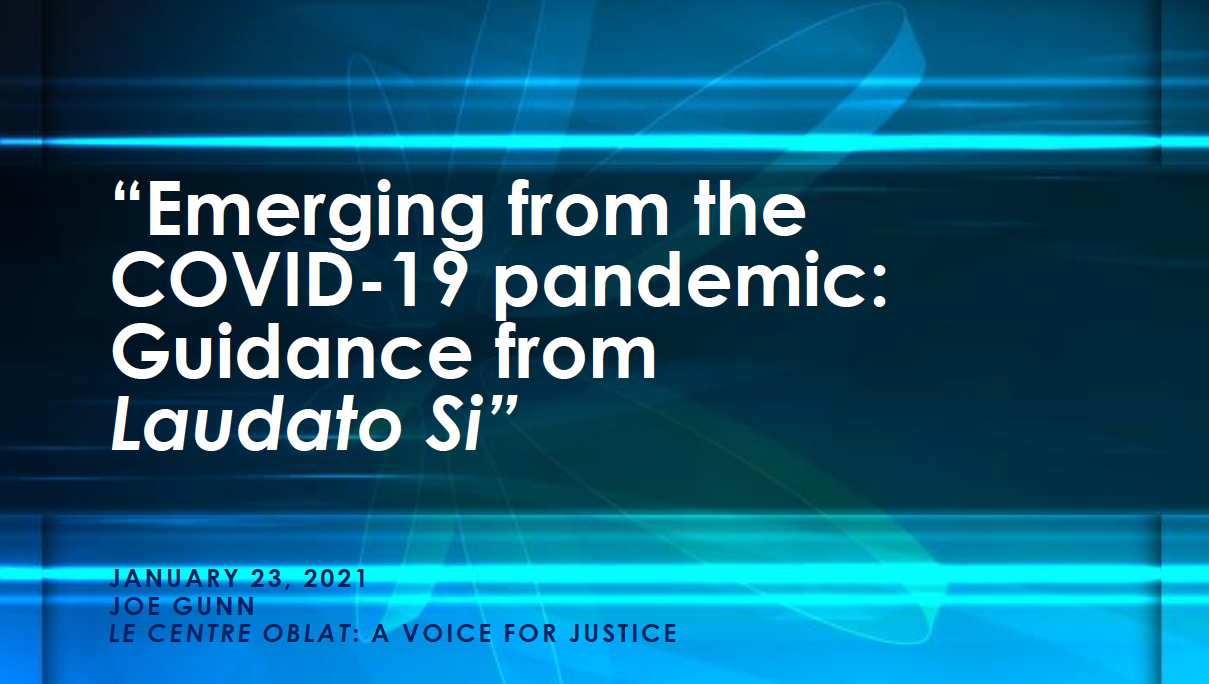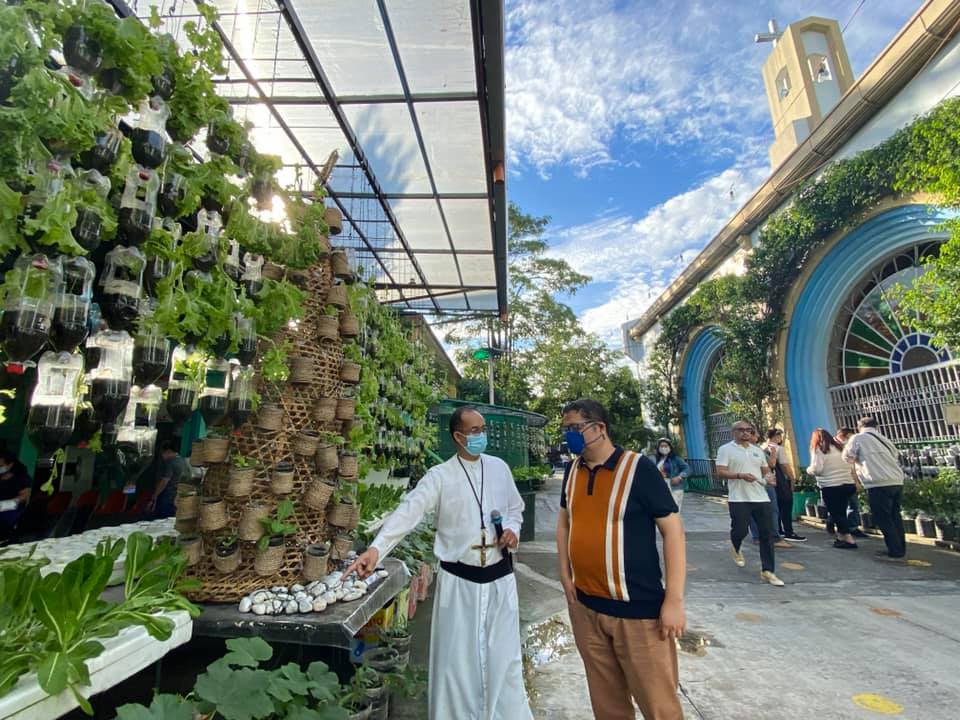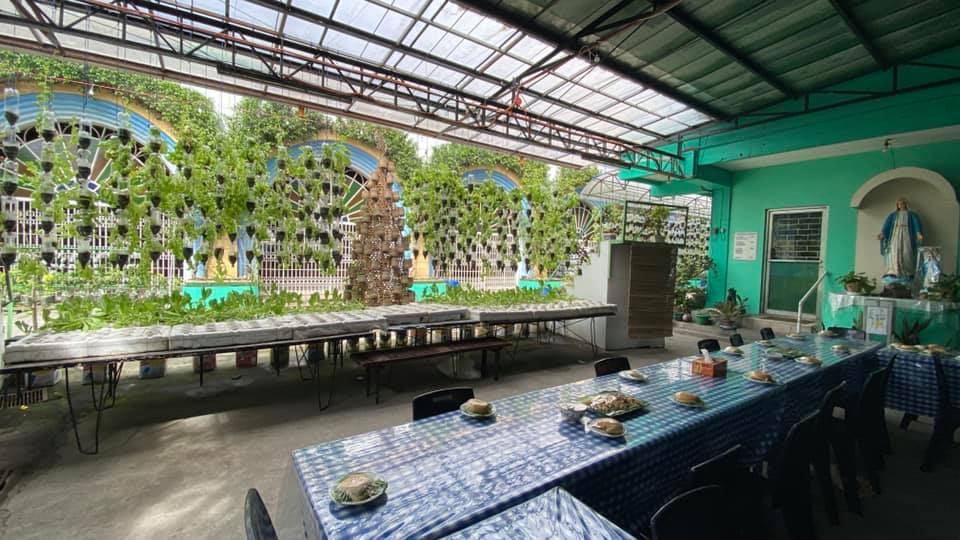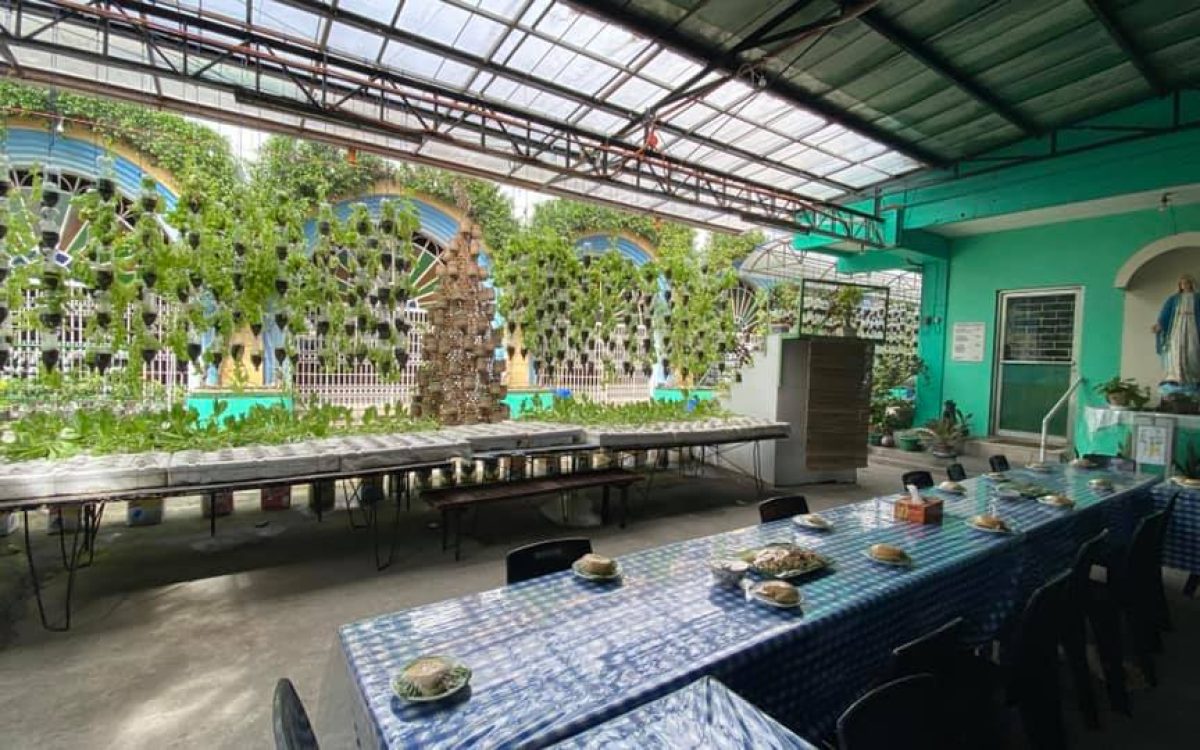 On January 23, 2021, the General Administration of the Missionary Oblates of Mary Immaculate presented its third Laudato Si Webinar. In this third edition, entitled “Emerging from the COVID-19 Pandemic: Guidance from Laudato Si”, we had two different presentations. Joe Gunn, the Executive Director of Centre Oblat – A Voice for Justice, made the first presentation. He was the key speaker, presenting the term of the day to over 60 participants connected from different parts of the world: Cameroun, Canada, Kenya, Italy, the Philippines, Peru, US, India, UK, etc. In this well-grounded presentation, Joe gave a panoramic view of how Pope Francis’s Laudato Si could serve our society in reemerging stronger and better from this pandemic.
On January 23, 2021, the General Administration of the Missionary Oblates of Mary Immaculate presented its third Laudato Si Webinar. In this third edition, entitled “Emerging from the COVID-19 Pandemic: Guidance from Laudato Si”, we had two different presentations. Joe Gunn, the Executive Director of Centre Oblat – A Voice for Justice, made the first presentation. He was the key speaker, presenting the term of the day to over 60 participants connected from different parts of the world: Cameroun, Canada, Kenya, Italy, the Philippines, Peru, US, India, UK, etc. In this well-grounded presentation, Joe gave a panoramic view of how Pope Francis’s Laudato Si could serve our society in reemerging stronger and better from this pandemic.
- What are the major principles of Catholic Social Thought (as offered by Pope Francis) that could be relevant guides to our reflection on the current situation?
- What are the major revelations of the COVID-19 pandemic reality we’re facing … in Canada, and around the world?
- How can our faith tradition move us to action during 2021 – and beyond?
During this moving presentation, Joe demonstrated how integral ecology might be the safest way to bounce back to a better society after this long and excruciating moment of a pandemic. According to him, “The pandemic has shone a spotlight on the inadequacies of our social protections and the precarity of the labour market.It has also created starkly divergent impacts. We may be weathering the same storm, but we travel in vastly different boats.” To substantiate this statement, he stated that, in Canada, this covid19 gave us an insight into the sorry situations in the long-term-care institutions, in Native communities, in relations with gender disparities, among minority groups, etc. To tackle these situations, he thinks that the best approach will be:
 1. To promote integral justice.
1. To promote integral justice. According to Joe, “It is time to keep the promise to end billions of dollars spent on subsidies to the fossil fuel industry and focus on renewable energy sources; to expand government support for low-carbon sectors and programs which are critical in addressing the climate emergency: building retrofits, energy efficiency, renewable energy, decarbonization of electricity, clean public transportation.”
2. Reconciliation and Justice for the Indigenous People
“Indigenous wisdom and knowledge, which have long called attention to the interconnectedness of all life on earth, need to be the cornerstone of a new vision for society and economy. […]
(Also), despite poverty, human rights violations, discrimination, and high levels of unemployment, many Indigenous persons are not willing to compromise when it comes to care of the earth.”
He also thinks faith communities should be intentionally concerned about the integral ecology and social justice. And as oblates, he insisted that by following the See, Judge, and Act social science and practical theology methodology, we can:
- Make a public commitment that can be celebrated, and then report at the end of the year. He explained that we can realize this mandate through our presence among those challenged, by reading the signs of the time, etc..
- Define time-bound goals, then integrate them into our missionary plans. These, he said, should be constantly evaluated. He insisted that we refine our Gospel values by employing traditional Catholic Social thought, especially the “preferential option for the poor and the Earth”, to achieve these objectives.
- With all our partners in the mission, we should journey together by participating in global plans for “living into” Integral Ecology. He said this can only be possible if the entire Mazenodian family exercises solidarity, advocates with those affected, donates to the needy, pray, reflects, etc.
 He concluded with a beautiful warning, “We should not go back to normal because normal was the problem”.
He concluded with a beautiful warning, “We should not go back to normal because normal was the problem”.
The second presentation was done by the Project Grace team, the Philippines. It was a beautiful video presentation of the modern garden named Grace Project. The project is an ecological justice project of the Missionary Oblates Province of the Philippines. The Grace Project is a good example of the integral ecology that Joe presented as the best way out of the quagmire that COVID-19 plunged us into. GRACE, which stands for a Garden Ready Always for Consumption of Everybody is an example of a successful implementation of the integral ecology. It teamwork between the Oblates and the other members of Our Lady of Grace Parish in the Philippines.
It started on a personal level when Fr Ponpon, OMI planted two plants in the parish compound and asked the parishioner to do likewise in their homes. Two plants turned to many other ones and, today, they have turned the shrine into a forest of edible plants. Using plastic saved from the environment, the team produced thousands of plants which have helped the oblates in their ministry of feeding the needy.
In the video we were shown, the project’s origin and scope were demonstrated. During the question moment, we also learnt that they have made several videos on this project and that they are already working together to articulate the project as a theologico-pastoral et missionary program.






